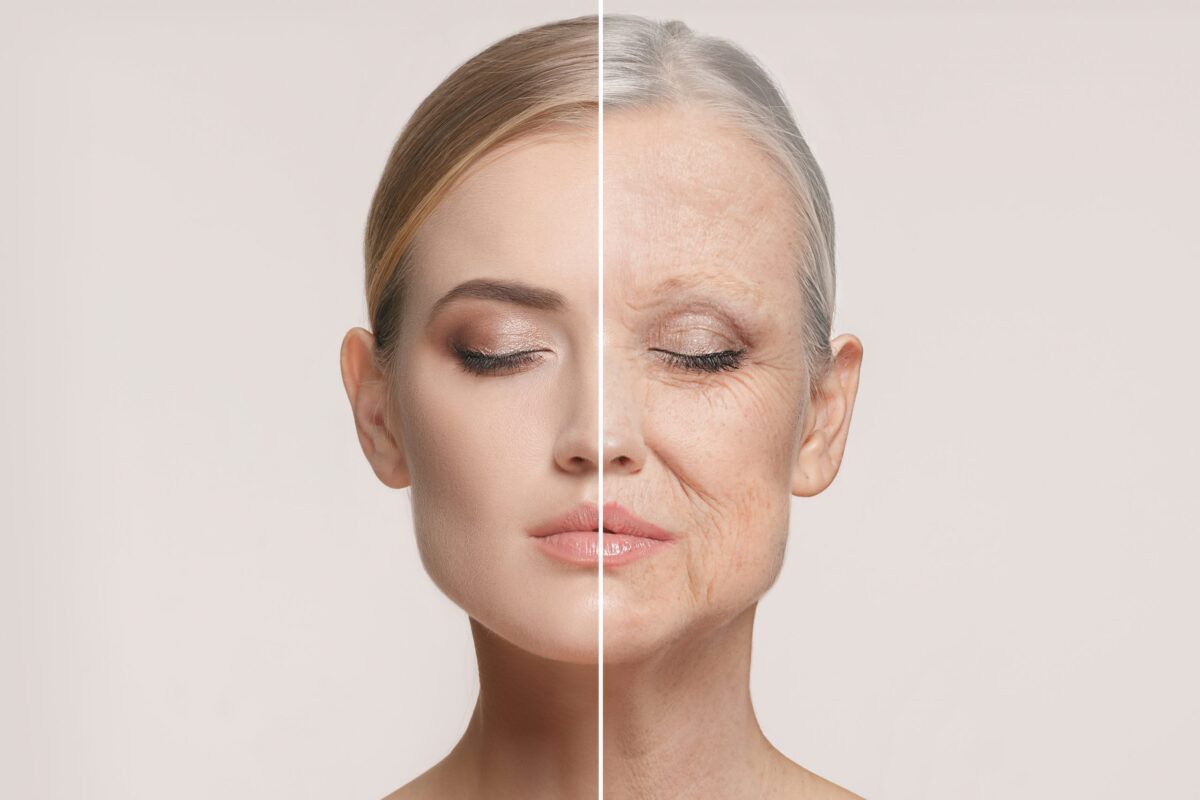SweetTree Discover Our Blog
,Ageing and Being Aged

That we are all ageing is a truism with most of us hoping that one day we will become aged. I have spent my entire working career in an environment surrounded by older people, yet the realisation that I am now an older person myself is one which I have had to gradually come to terms with, and it does have a tendency to creep up!
Many of us do not wish to confront the inevitability of our lives and lifestyles changing. Who in their 50s, or even 60s, would want to contemplate some of the challenging issues which can come with old age: other than in relation to their parents or older relatives? Issues such as financial planning, housing, power of attorney etc. are often left on the back burner to be considered and dealt with later.
Old age is not what it used to be, with many people able to live full and active lives into their 80s and 90s. In fact, there are so many people who now live beyond the age of 100 that the queen only sends telegrams on 100th birthdays, and every 5 years thereafter.
The lifestyle that we can lead of course depends on our physical and mental health. Whereas to a large extent this is a matter of luck, or perhaps genes, it is also to a degree something which we can influence ourselves through diet, exercise, and other aspects of our lifestyle. Nevertheless, logic tells us that the older we become so increases the likelihood that at some point we will need help of some kind.
Sadly, the concept of the “old people’s home“ is one that can still be stigmatised and conjure up an unappealing image. Yet, care homes have changed enormously, with many providing first-class care in a modern environment, with a range of activities and therapies available. The average age of those living in care homes has continued to increase with average ages in some cases now at 90 or above. An increasing number of people entering care homes today are sadly doing so out of necessity, or in emergency circumstances. In other words, many enter care homes because there is simply no viable alternative.
The term “care home“ is a generic one covering different models including “residential homes” and “nursing homes” – the latter providing much higher levels of care. There are options for those not wishing. or needing to enter a care home, but nonetheless seeking increased security and reassurance, such as independent living, sheltered housing, or extra care housing.
A further option is none of the above! Many people decide they wish to remain in their own homes for the rest of their lives, or for as long as practically possible.
Indeed, most people would prefer to stay in their own homes, surrounded by all that is familiar to them. Regardless of failing health, this can be done with the help of a relative in the role of carer. Yet increased longevity can mean that children are themselves in their 60s or 70s and in these circumstances, this can put their own health at risk.
Caring can be very hard work and this is particularly the case for one whose physical and mental health are both deteriorating. There comes a point where there must be a recognition that additional and/or professional help is needed. It is important to try and dispel feelings of guilt or failure in asking for support. This might be in the form of several hours help a day through the range to the services of a live-in carer. Every individual’s circumstances are different and will require a tailor-made solution. There are advantages and disadvantages to care homes and to homecare, with many factors to be taken into consideration.
A good starting point is to contact SweetTree for information and advice or find out more information about ageing at AgeUK.
